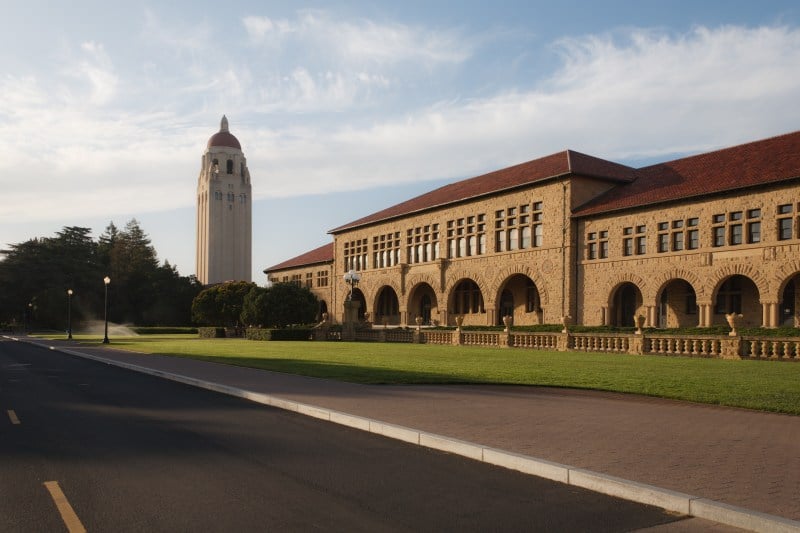Students appointed to staff positions in Row houses for the upcoming year no longer have a job, the University announced on Monday, saying those residences would be used to isolate students who test positive for COVID-19.
The University will maintain positions for students as Residential Assistants (RAs) and Ethnic Theme Associates (ETAs) in residences with resident fellows. To retain their eligibility, those students must commit to living on campus and enrolling in courses for the fall, winter and spring quarters.
The University has also decided not to “engage the services” of Student Organized Services (SOS) and Governor’s Corner Dining Society (GCDS) in the coming academic year year, though Stanford will provide both organizations “a payment to help support four weeks of compensation for its unemployed staff as a gesture of gratitude and goodwill.”
The additional details came in an email to prospective student staff from Cheryl Brown, the head of Residential Education (ResEd), shortly after the University announced more information about its plan for having undergraduates return to campus, in a rotation by class year, for the coming school year.
On eliminating student staff positions in Row houses, Brown wrote, “This was a very difficult decision to make, but given the parameters required to allow students on campus, it was the only possible outcome.”
“We only have the capacity — both physically in the houses themselves and financially — to maintain student staff appointments for the residential locations that will be open for undergraduate assignments,” Brown added.
She cited physical security as well as the lack of live-in staff as reasons to suspend normal operations. The letter recommends that students concerned about the financial impact of the change of plans contact the Financial Aid Office.
The only exception to the policy for the Row is Muwekma-Tah-Ruk, a residence with resident fellows, which will continue to host RAs and ETAs.
“Managing student behavior and accountability will be more challenging than usual given the elevated health and safety expectations, so it is essential that student staff have the support of a live-in professional, which the Row houses do not have,” Brown wrote.
ResEd cited the lack of regular occupancy of Row houses, the reduced capacity of Suites Housing, the evolving nature of coronavirus, and anticipated health and safety protocol requirements for food service operations in Santa Clara County as factors in the decision.
Previously appointed Row staffers will have priority consideration to staff for EVGR, if they choose to apply. Special attention will be paid to applications by seniors. ResEd has stated that they will try to “recreate some of the unique aspects of the Row house communities in other residential locations.” This, they hope, will supplement the community where students find a sense of belonging they haven’t been able to receive elsewhere.
Students’ compensation will not change, remaining $3,800/quarter. However, remote staffing introduced in the spring quarter of 2020 will no longer be possible. If staffers want to keep their position for the 2020-2021 academic year, they need to enroll in courses and commit to living on campus for the fall, winter and spring quarter. Because of this binding decision, ResEd will send out a form where staffers can accept or decline their position.
Students who are unable to commit to staffing the first three quarters will have an opportunity to staff in the summer. Previously appointed staffers will be given priority for summer staff appointments. To secure the position, students will be required to live on campus and enroll in classes during the summer.
No details about staff training are available at the time due to the lack of clarity about the move-in process. Brown wrote that ResEd will communicate the updated schedule and training plans as soon as they have more information.
ResEd noted that the information “is subject to change based on requirements prescribed by the county or state in response to changing COVID conditions.”
Contact Anastasia Malenko at malenk0 ‘at’ stanford.edu
